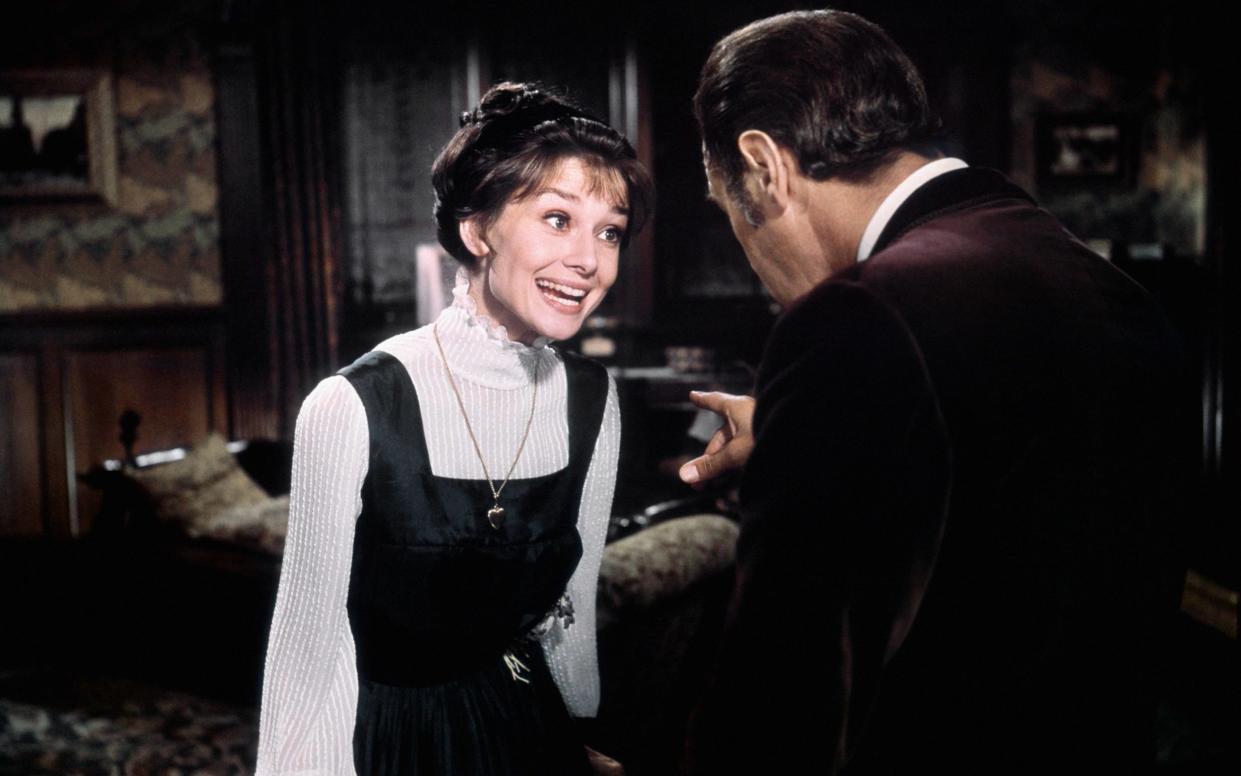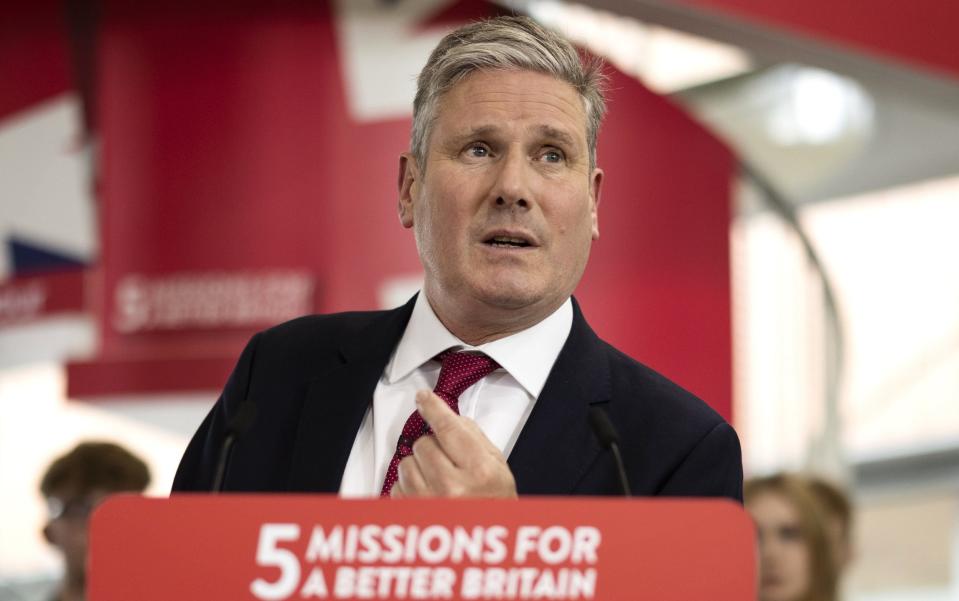How gaming and social media killed the basic art of speaking

“Remember that you are a human being with a soul and the divine gift of articulate speech: that your native language is the language of Shakespeare and Milton and The Bible; and don’t sit there crooning like a bilious pigeon.”
George Bernard Shaw wrote the character of Henry Higgins, the irascible professor of phonetics who bets, in Pygmalion, that he can iron out Eliza Doolittle’s cockney twang, some 110 years ago. To Higgins, Doolittle’s “kerbstone English […] will keep her in the gutter to the end of her days”.
More than a century later, Britain’s snobbish obsession with which accents are deemed acceptable has mercifully (mostly) faded, but articulate speech – the ability to clearly and confidently express ideas – remains as important as ever.
Sir Keir Starmer certainly thinks so. The Labour leader has pledged that, if elected, his administration would make sure lessons in speaking fluently are included in an improved state school curriculum. “An inability to articulate yourself fluently,” he wrote, “is a key barrier to social mobility.”
Language is a complex and ever-evolving beast, so different generations, driven by the cultural forces of the time, will naturally introduce different words, abbreviations and slang, while giving the boot to whatever they see as outmoded. It’s linguistic natural selection.
But speaking skills, or “oracy”, is not the same as cultural conservatism, which is why it is difficult for anybody to disagree with Sir Keir’s stance. Like, um, yeah basically it’s bare good to, sort of, get your point across properly so all peeps understand, tbh. In fact, failing to address unfinished sentences, vanishing prepositions (“I’m going gym”) and incoherent mumbling could have severe long-term consequences.
Hulya Mehmet, the founder of Articulate Kids, a speech therapy service, has seen standards plummet over the 22 years she’s been practising. “[Starmer] has hit the nail on the head, because regardless of class, speaking and vocabulary skills have been on the decline for a long time,” she says.

Mehmet has seen studies that make plain the long-term impact of having a poor vocabulary even going into reception, aged four. “There is a likelihood they will do worse throughout school to the end of secondary, perform worse at university, have lessened career prospects, be more likely to get divorced, and earn 25 per cent less income. All that comes from a slow start, verbally.”
While income, career and marriage prospects are of course also dependent on other factors, shortened attention spans provide a dire foundation for future oracy skills. University seminars, job interviews, romantic relationships, sound mental health and, essentially, almost everything about being human requires good communication. “Humans are about storytelling,” Mehmet says.
But parenting by iPad, plus early social media use and gaming, means children are losing this basic art. Some children, especially those who should have learnt basic verbal and social skills during the pandemic, have lived “in such a bubble” that they present “almost as if they are autistic, but they aren’t”.
“Speaking is a fine motor movement, and even children’s jaws and speech muscles aren’t what they were 10 years ago, so they literally can’t articulate a lot of words in a sequence,” says Mehmet, meaning sentences are short and unfinished. “What we call ‘turn taking’, knowing cues in conversation and listening as well as contributing, is a lost nuance too. So is storytelling. If you can’t listen to a story, you can’t provide a narrative yourself. If you can’t do that, you can’t express ideas.”
In the private school sector, debating and speechmaking groups to help children learn these vital skills are relatively commonplace, but in the squeezed state sector, charities often step in. The Jack Petchey Foundation is one. It provides young people with skills to develop self-confidence, including working with Speakers Trust to train 30,000 14-year-olds every year in articulation and structuring their thoughts, before challenging them to give a speech before their peers.
“It’s key to being successful in one’s life, whatever your starting point is,” Gemma Juma, CEO of the Jack Petchey Foundation, says. “Not everyone’s going to go on to be a public speaker, but you need to communicate at work and if children don’t have the tools we’re all the poorer for it.” Juma is keen to stress that being articulate and speaking well are nothing to do with “accent or background”, but all about clarity of delivery. “If you’ve been taught to think through your arguments, control the pace and pitch, and influence your audience in a positive way, you are well set up for life. And anyone can develop those skills.”
Of course, try as younger generations might, for now there are still certain words, used in certain social settings, that animate eyebrows. For anybody interested in an up to date primer, allow my colleague Christopher Howse to take you by the hand for an easy language lesson.
The precise language of “Shakespeare and Milton and The Bible” may have lost some power, but the divine gift of articulate speech is as essential as ever. Bilious pigeons begone.

 Yahoo News
Yahoo News 
